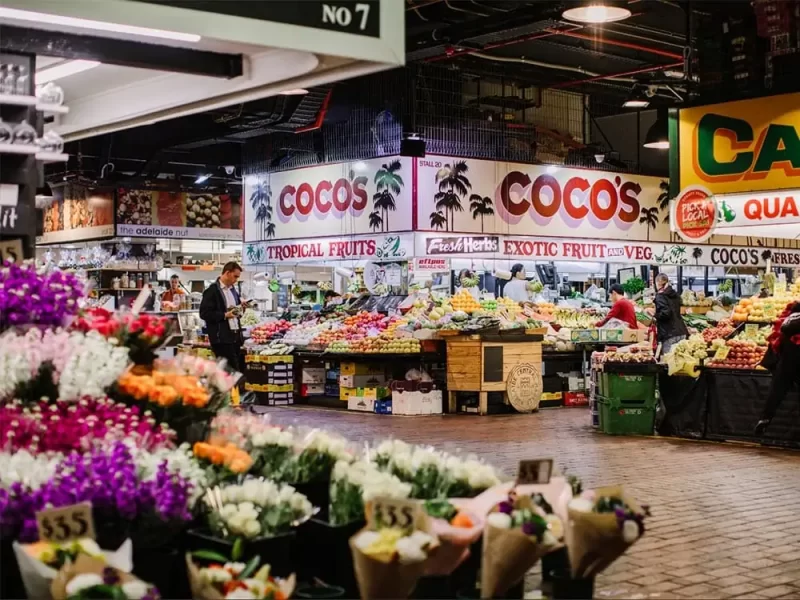Annual price growth hit 7.3 percent in the July-September period, the highest since 1990.
Australian inflation raced to a 32-year high last quarter as the cost of home building and gas surged, a shock result that stoked pressure for a return to more aggressive rate hikes by the country’s central bank.
Data from the Australian Bureau of Statistics (ABS) on Wednesday showed the consumer price index (CPI) jumped 1.8 percent in the September quarter, topping market forecasts of 1.6 percent.
The annual rate shot up to 7.3 percent, from 6.1 percent, the highest since 1990 and almost three times the pace of wage growth.
A closely watched measure of core inflation, the trimmed mean, also climbed 1.8 percent in the quarter, lifting the annual pace to 6.1 percent and again far above forecasts of 5.6 percent.
That would be unwelcome news to the Reserve Bank of Australia (RBA) which had thought core inflation would peak at 6 percent in the December quarter, with CPI topping at 7.75 percent.
Instead, analysts were warning that both core and headline inflation were certain to spike even further this quarter with the ABS’s new monthly CPI accelerating in September.
“The upshot is that CPI inflation will approach 8 percent in Q4,” said Marcel Thieliant, a senior economist at Capital Economics.
“The stronger-than-expected rise in consumer prices is consistent with our forecast that the RBA will hike rates more aggressively than most anticipate.”
It is particularly ill-timed for the RBA since it surprised many this month by downshifting to a quarter-point rate hike, following four moves of 50 basis points.
Rates have already risen by a massive 250 basis points since May and the RBA had wanted to go slower to see how the drastic tightening was impacting consumer spending.
Investors now suspected the central bank may have to reconsider, perhaps not at its policy meeting next week but rather in December.
Futures still imply a quarter-point move on November 1 to 2.85 percent, but now show some chance of a half-point hike in December and a peak for rates of approximately 4.20 percent in July.
The European Central Bank and the Bank of Canada are both expected to hike rates by 75 basis points this week, while the United States Federal Reserve should match that at its meeting on November 2.
Australia’s Labor government bowed to inflation concerns this week by restraining spending in its 2022-23 Budget, despite calls for more cost-of-living support amid soaring prices.
There are also fears recent flooding across eastern Australia will lift food prices even higher, with supermarket chain Coles warning of declining volumes in fresh food where prices were up 8.8 percent on a year earlier.
Wednesday’s CPI report showed food prices were already climbing at an annual pace of 9 percent, with the third quarter alone, seeing a surge of 3.2 percent.
The ABS noted that annual inflation for essential goods and services leapt to 8.4 percent in the September quarter, highlighting the extent of cost-of-living pressures.-AL JAZEERA








